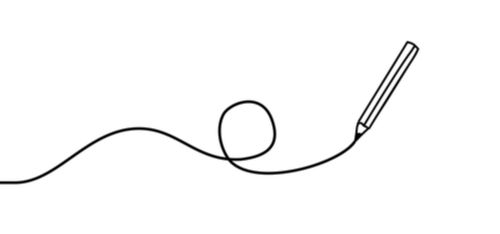Let's talk! Browse our offer and let us help you create your own budget.
Double Negatives in Spanish: Learn How to Use Them
In other languages, such as English or French, when a sentence contains a negative expression (e.g. never or jamais), we don’t add the usual negative adverb (not in English or pas in French). Why? Because we would be creating a double negative sentence, which is incorrect in these languages. In Spanish, however, grammar works differently in this regard.
Do you want to know more? Don’t worry, after reading the explanation below you won’t be in doubt anymore. Keep on reading this article in Spanish or click here to switch to the Spanish version.
When not to use double negatives in Spanish
When words such as nunca or jamás (never), tampoco (neither), nadie (no one), and ninguno (none) precede a verb, then we don’t add the adverb no, as it occurs in other languages. For example:
Nunca hago deporte (I never do sports)
INCORRECT: Nunca no hago deporte*
Yo tampoco hago deporte (I don’t do sports either)
INCORRECT: Yo tampoco no hago deporte*
En mi familia nadie hace deporte (No one in my family does sports)
INCORRECT: En mi familia nadie no hace deporte*
Nada de lo que haces puede considerarse deporte (Nothing you do can be considered sports)
INCORRECT: Nada de lo que haces no puede considerarse deporte*
Ninguno de ellos hace deporte (None of them does sports)
INCORRECT: Ninguno de ellos no hace deporte*
When to use double negatives in Spanish
On the contrary, when these negative words go after the verb, we must place the word no before the adverb. For example:
No hago deporte nunca (I never do sports)
INCORRECT: Hago deporte nunca*
Yo no hago deporte tampoco (I don’t do sports either)
INCORRECT: Yo hago deporte tampoco*
En mi familia no hace deporte nadie (No one does sports in my family)
INCORRECT: En mi familia hace deporte nadie*
No puede considerarse deporte nada de lo que haces (Nothing you do can be considered sports)
INCORRECT: Puede considerarse deporte nada de lo que haces*
No hace deporte ninguno de ellos (None of them does sports)
INCORRECT: Hace deporte ninguno de ellos*
In any case, the core message does not change. The only difference is a reinforced negative nuance.
Surely you won’t ever have any more doubts about double negatives in Spanish!
(Also: surely you will never have any more doubts about double negatives in Spanish!) ?
Thank you very much to Ignacio Sellés, Spanish teacher at don Quijote Alicante, for contributing to the blog with today’s article. Keep posted to continue receiving Spanish language tips and tricks weekly.

